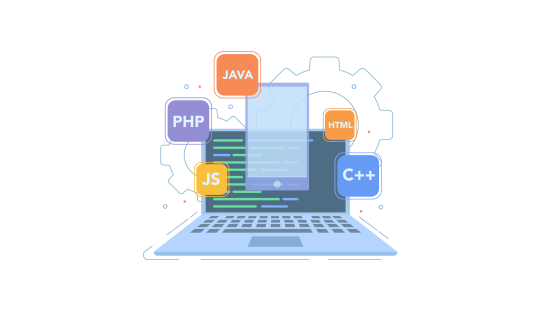Web Development
Web creation essentially refers to websites being created and updated, such as those you usually find when browsing the World Wide Web (the Internet). Everyone can be a simple Web developer nowadays. Not only do many companies host your website for you, but they offer free design software, too. It can never be confused with web design, which is usually based on website aesthetics.

When you look at it from a technological point of view, a web developer can create the website’s functionalities, or simply make the website perform the tasks you want it to do. An experienced web developer can combine different coding languages such as CSS, HTML, jQuery, JavaScript, and any other software technology to achieve the desired result.
The exciting thing about web development as a profession is the multitude of different disciplines that a beginner can concentrate on, depending on their particular skill set and desires. Although the center of web development is commonly regarded from a coding perspective, and thus an education in coding is required, there are several disciplines with a slightly varied range within the field of web development.
Back-End Developer: A back-end developer writes all the code needed for the website’s core logic: capturing data from the database and molding how the data is properly used and presented via the front end to the user. Languages widely used for back-end development are varied, but Ruby on Rails, Python, PHP, and Node.js are a few of the most popular.
Graphic / Visual Designer: The graphic designer is also well educated in the arts, using Photoshop and other software to build mockups for pages or whole websites, which would satisfy the consumer and appeal to the public. These roles are “codeless” in some engineering shops while graphic designers will also be required to turn graphic mockups into working front-end code in others.
Front-End Developer: A developer concentrating on the website look and feel (the interface layer mentioned above) and uses the languages of HTML, CSS, and JavaScript almost exclusively.
Full Stack Developer: A very much-lauded title, and understandably so, the full-stack developer is one who is skilled at all facets of the development process and capable of contributing code and practical solutions every step of the way, from planning and design to both front- and back-end coding.
Web Design
Web design is about bringing ideas and concepts to life on the Internet. Web designers take your story or dream and create a visually pleasing website. As such, they are tasked with designing the look and feel of a website. Much as an architect designs the plan before constructing a house, so web designers are designing a website layout before web developers can start building the website.
Web designers usually begin their work by evaluating the nature of a website; i.e. the aim of the site and its focus. The designer would then draw a model website after scrutinizing the scope, as well as the functionality and customer preferences. First, they build mockups and wireframes. Normally the final design of a website is a redesign of the websites, typography, icons, and buttons.
Features
- They possess impeccable skills in graphics and logo design.
- They are still in the know about the new digital technology trends.
- To build a website, they may use software such as Sketch, Photoshop, and Illustrator.
- They’re outstanding experts in branding.
Web Development
When a website is planned, it is then passed on to the web developers’ hands, who then convert it into a live website. Creating the final website that users visit, developers depend on a vast array of applications, resources, and languages.
- Front-end architecture deals mainly with designing a website’s user interface. Front-end developers build a website’s interface by using three key languages; JavaScript, CSS, and HTML. They insert images in their line of work, apply different styles, add animations, and create background pages in addition to many other things that enhance the interface of a website.
- Back-end architecture requires more sophisticated programming that manages various apps and web pages interactions. Its technology aspect describes how the web functions, and how a user performs various tasks using the site’s features. Developers here deal primarily with requests and data from servers. And the developer uses application languages like ASP.NET and PHP.
Tools for Front-End Web development
In today’s world, there are many online and offline tools for front-end web development; if you are an enthusiastic web developer, then this list will provide 25 tools along with links that will surely give a boost to your project.
1) Webstorm
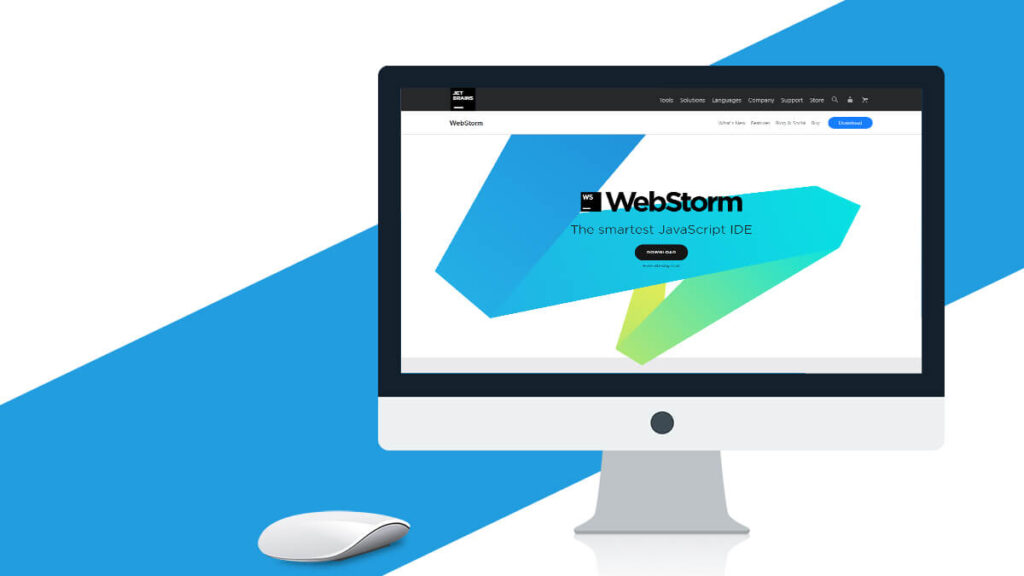
WebStorm offers JavaScript smart coding assistance. It offers specialized coding guidance for Angular, React.js, Vue.js, and Meteo. This also allows developers to code more efficiently when it comes to big projects.
Features:
- It provides a single user interface to work with other common Version Control System.
- WebStorm helps developers code more efficiently when working with large projects.
- It integrates to common web development command-line tools.
- The built-in tool Spy lets you trace JavaScript code.
- It provides built-in tools to monitor, check, and track client-side applications and Node.js applications.
2) Codekit
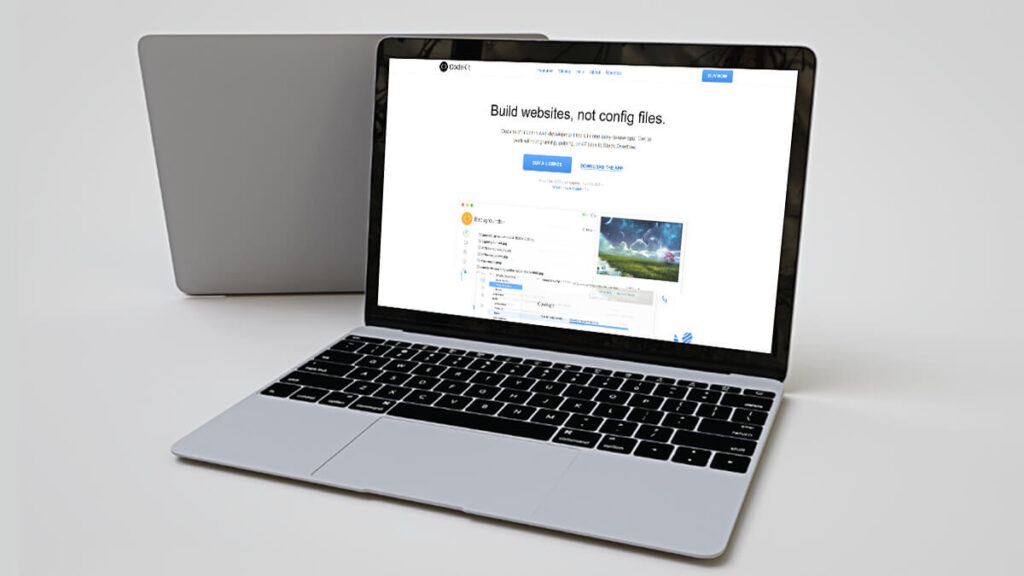
Codekit tool provides support for faster website building. It combines JavaScript, minifies, and syntax checks. It also optimizes the image.
Features:
- CSS changes are injected without any need to reload the entire page.
- Combine scripts to minimize HTTP requests.
- Minify code to reduce file size.
- Works automatically for most languages without any problems.
3) Codepen
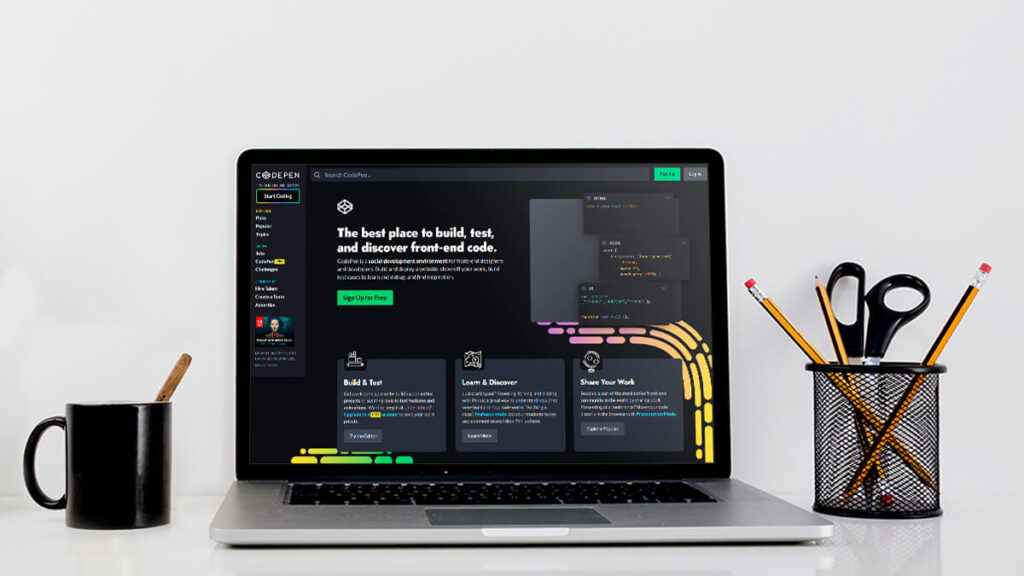
CodePen is a tool for front-end designers and developer’s web development environments. Technology is all about quicker and smoother. It enables the development, deployment of websites, and the development of test cases.
Features:
- Enables online streaming and automatic synchronization
- It provides components to be assembled for later use elsewhere.
- It has some cool features for faster writing of CSS.
4) GoodGuide

Another important layout tool at the front end is the grid guide. Good Guide enables the development of perfect grids of pixels within designs. This is a simple tool, which can activate workflows of great value.
Features:
- Requires replication of guides to other artboards and documents.
- Helps users build customized grids.
- Add canvas, artboards, and selected layers to the guides.
- Quickly add edge and midpoint guides.
5) Creative Tim
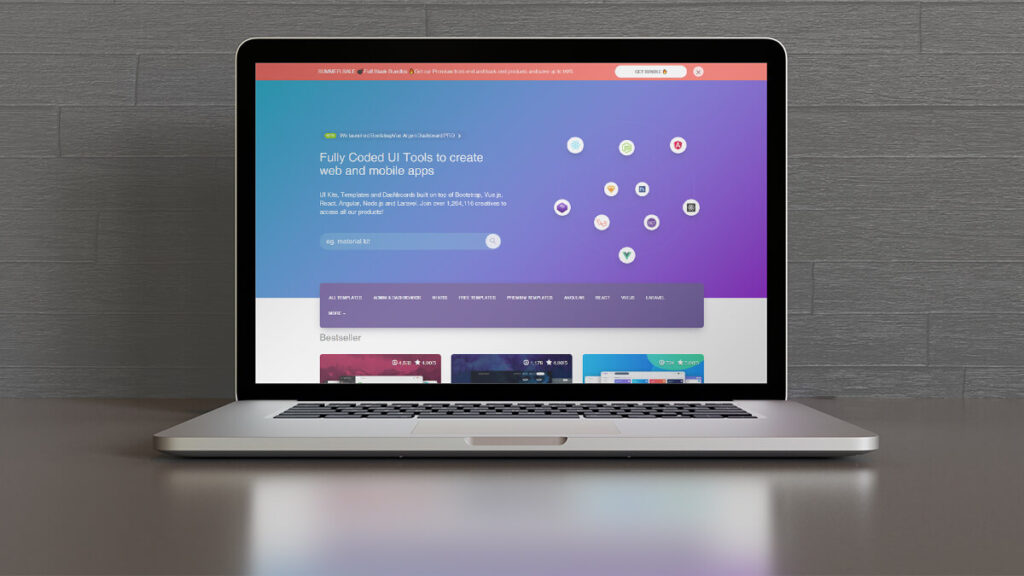
Using the Creative Tim tool, you can build Web and Mobile apps.
Features
- Using this tool helps you to save time and encourages you to focus on your business plan.
- Providing the best way to get started is by using one of our pre-constructed sample pages.
- Offers simple to use Templates for Admin
6) NPM (Node Package Manager)
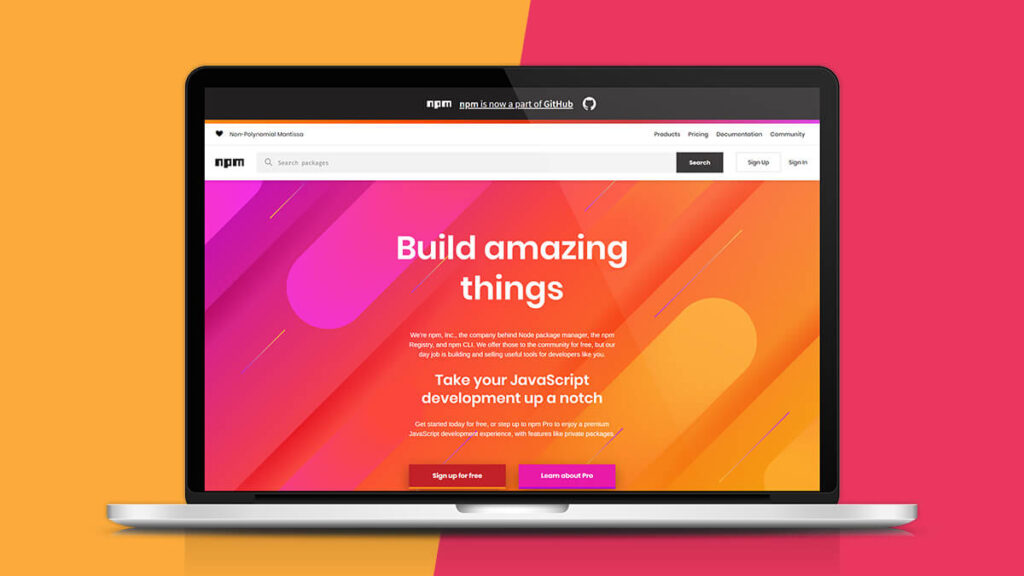
NPM (Node package manager) web development tool is a command-line application to communicate with a server that is included in the bundle.
Features:
- Publish and test namespace access.
- Manage all private and public code using the same workflow.
- Discover and reuse over 470,000 versions of free content in the Registry.
7) AngularJS
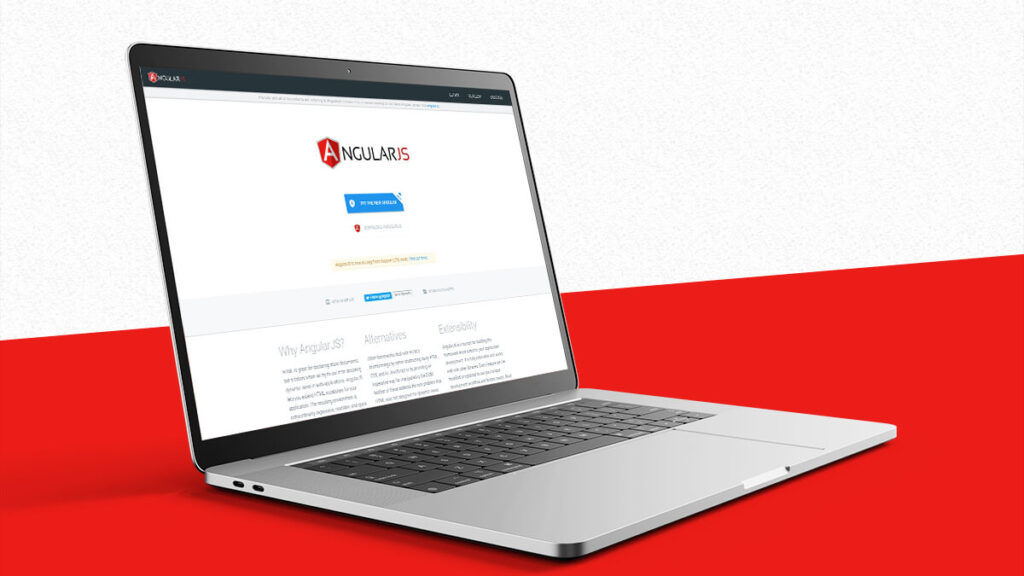
AngularJS helps to expand the web-applications HTML syntax. It simplifies development processes at the front end by creating an open, readable, and expressive environment.
Features:
- This provides the option to use JavaScript to construct a client-side application utilizing MVC.
- It handles JavaScript code which is acceptable for each browser.
- It is an open-source, totally free, and used by thousands of developers worldwide.
- This provides RICH Internet Software Development.
8) Grunt
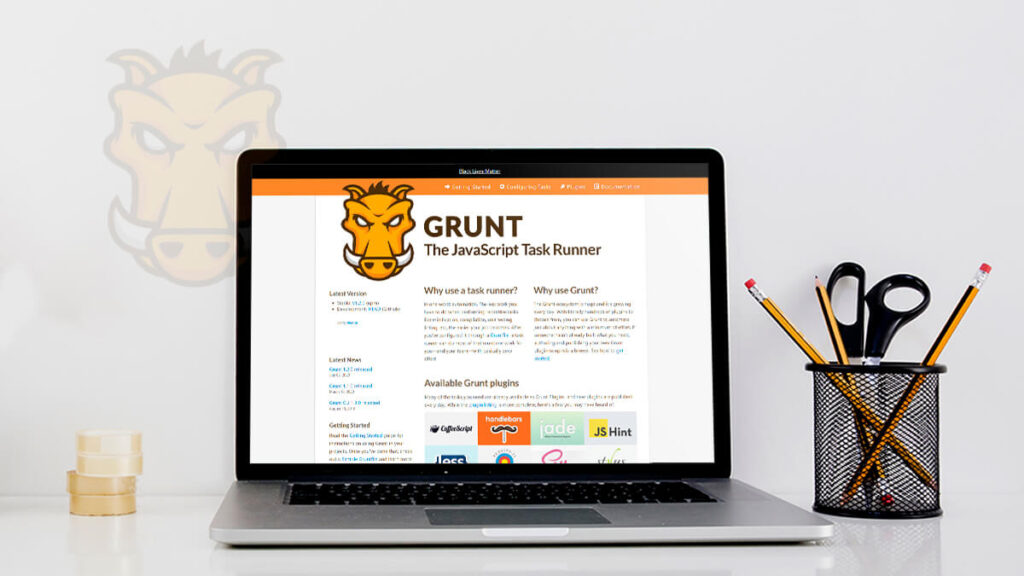
Grunt app offers plenty of bundled plugins for raising tasks.
Features:-
- The methodology is straightforward. It requires JS functions and JSON setup
- Grunt provides built-in tasks to expand plugin and script features
- This makes the workflow as simple as writing a setup file
- This speeds up the planning cycle and improves project performance
9) Foundation

Foundation responsive front-end architecture makes responsive websites, applications, and e-mails easy to develop.
Features:
- Quicker creation and speed of page load
- Stiftung is fully designed for mobile devices.
- Tailored for developers at all levels
10) Less
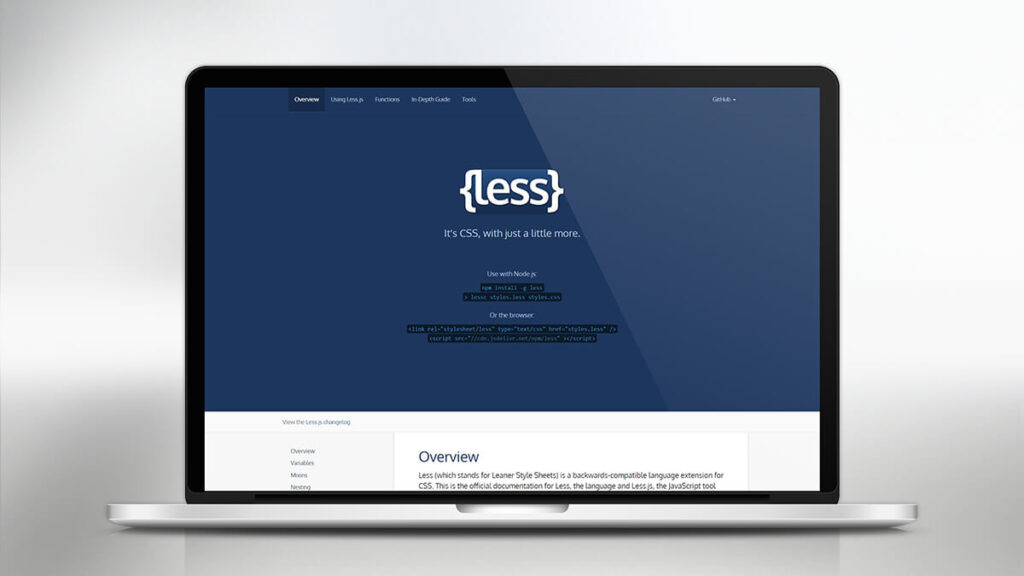
Less is a preprocessor, which extends CSS language support. This allows developers to render CSS more maintainable and extendable using techniques.
Features:
- It offers syntax of a higher-level nature, which enables web designers/developers to build advanced CSS
- This quickly integrates into standard CSS, until the web browser begins to make a web page.
11) Meteor
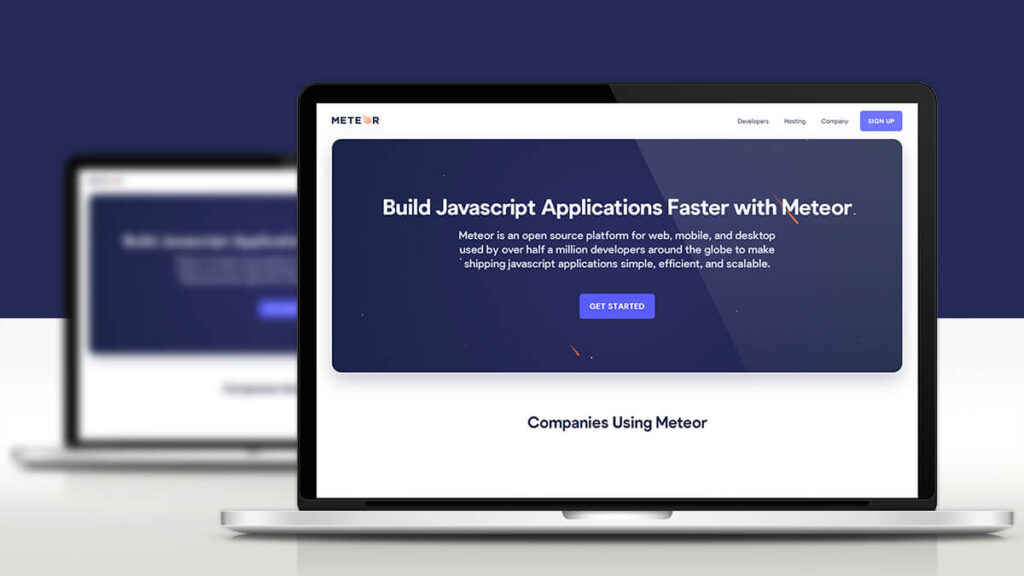
Meteor web development tools composed of a library and kit set. It’s built on concepts from other frameworks and libraries to make prototyping applications simple.
Features:
- This greatly speeds up the production time on any project.
- Meteor provides the MongoDB and Minimongo databases, which are written in JavaScript.
- Live reloading function makes only refresh the necessary DOM elements.
12) Modal
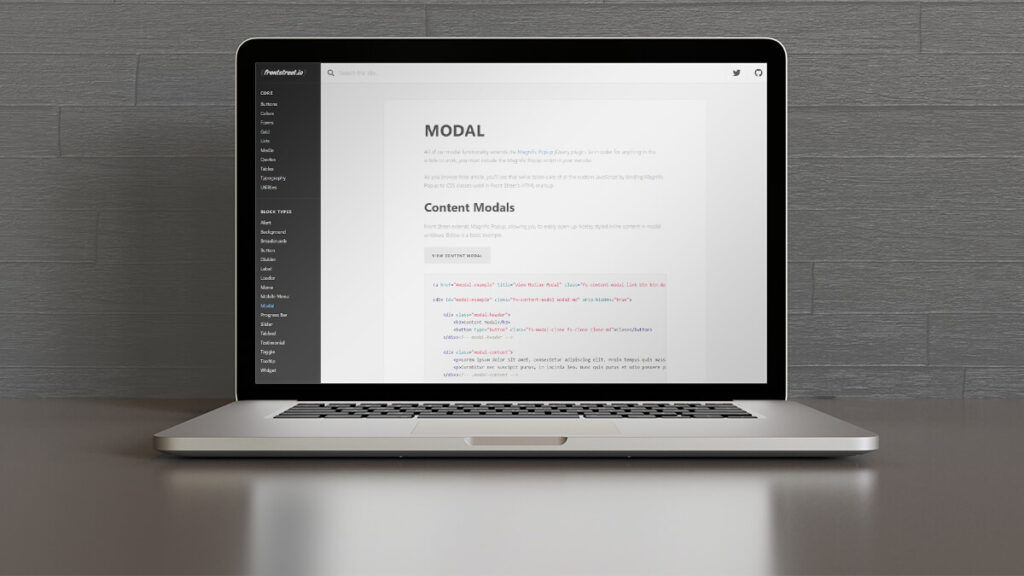
Modal is a front-end plugin for the creation of efficiency, usability, and accessibility models.
Features:
- Fully sensitive, Browser width scaling.
- Customizable CSS Options with SASS
- This supports full screen and display mode.
- Modal keyboard access for open and close gallery
13) Sass
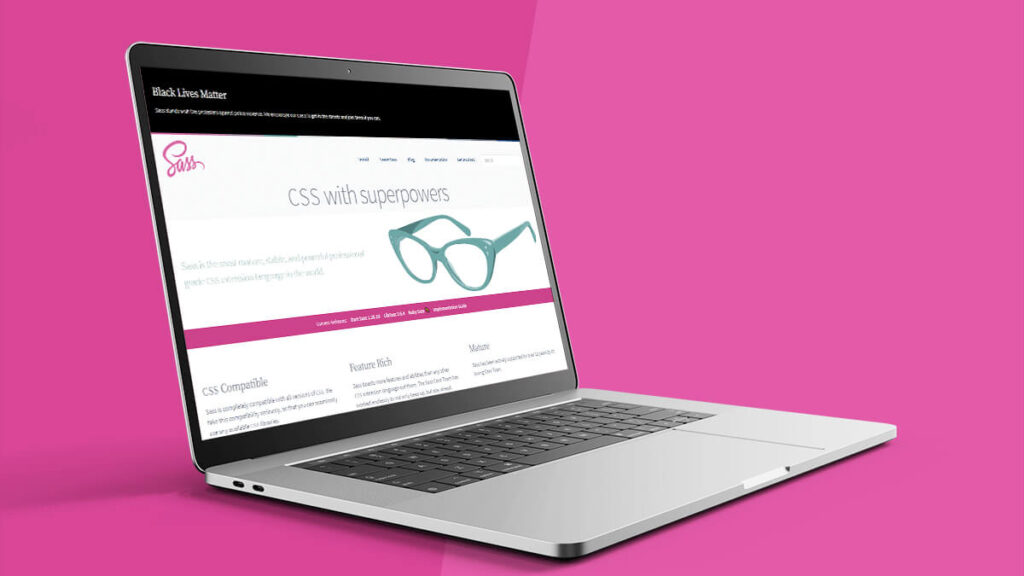
Sass front-end web development tool helps expand a site’s existing CSS features such as variables, inheritance, and nesting with ease.
Features:
- Numerous useful functions for color modulation and other principles
- Advanced functionality, such as library access directives
- Write any code is quick and easy to use front end tools.
- Supports vocabulary extensions such as variables, mixtures, and nesting
- It provides adjustable, well-formatted output.
14) Jasmine
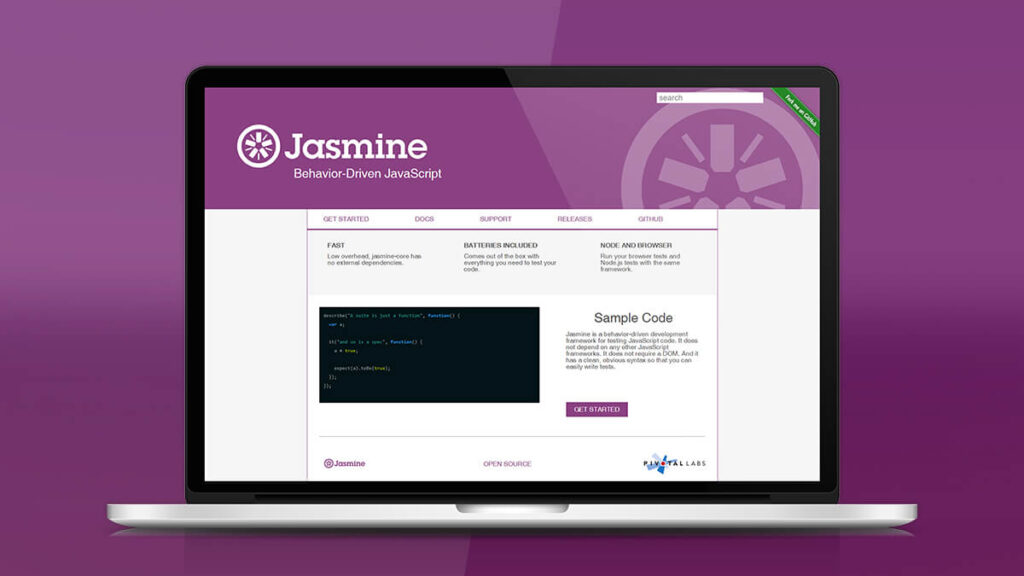
No other JavaScript frameworks depend on Jasmine. The open-source tool doesn’t need a DOM.
Features:
- Comes out of the box, with all the code to check
- Use the same code to run browser tests and Node.js tests.
- Small overheads, no outside dependencies
15) Backbone.js
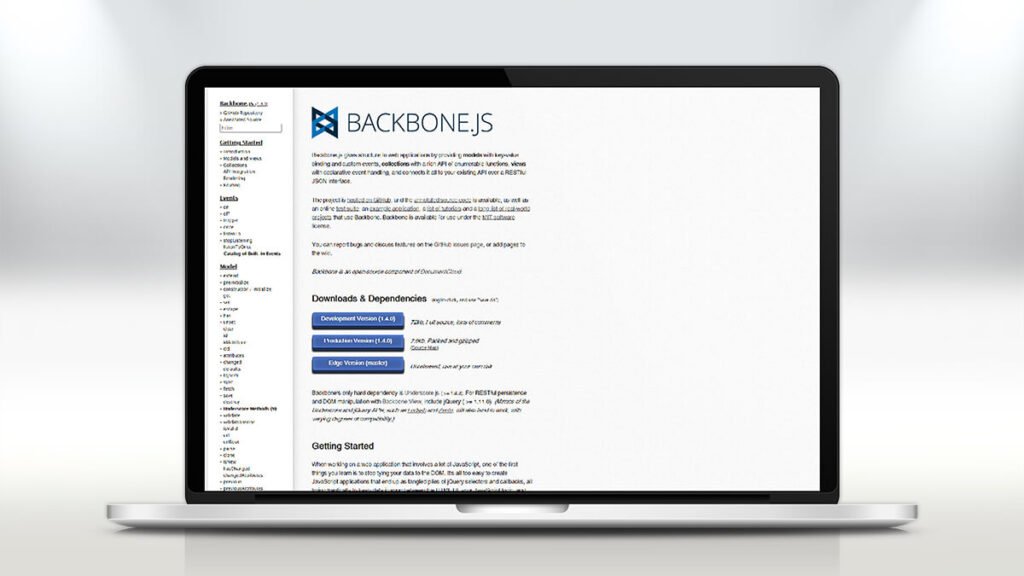
Backbone.js offers web application structure by providing templates with linking key-value and custom events.
Features:
- This tool renders code quick, organized, and systematic. It serves as the backbone of every project.
- This handles the data model that also contains the app data and shows the server-side data.
- This helps developers to build client-side Web apps or smartphone apps.
- Backbone.js has a simple library that separates the logic of business and user interfaces.
- Backbone.js helps developers to build single-page apps.
16) Github
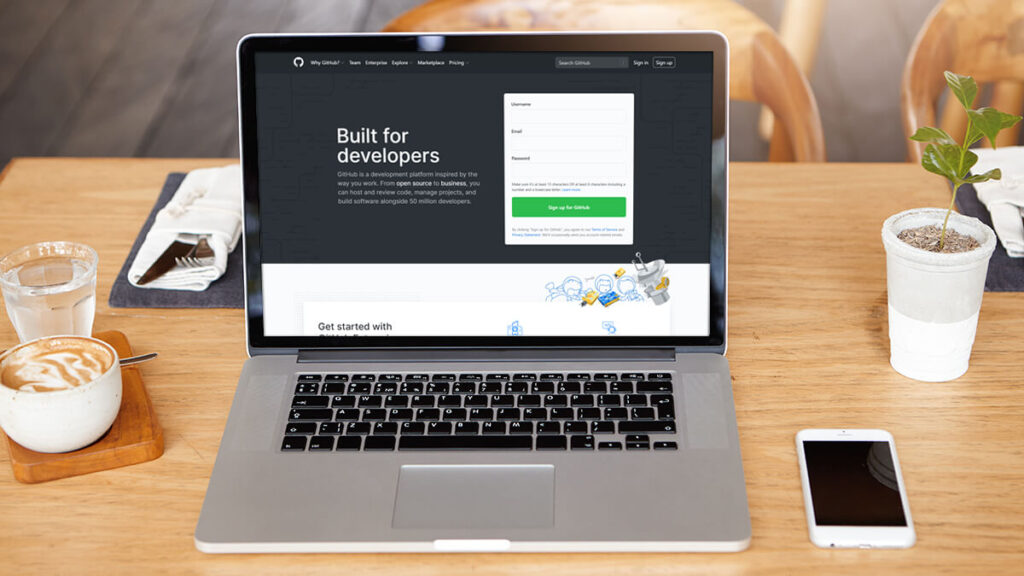
GitHub is a Framework for Application Creation. It’ll help you plan your tasks. GitHub will allow you to build and fit a review process for your code into your workflow. It can be incorporated into the software that you already use. It can be deployed as a cloud-hosted or self-hosted solution.
Features:
- This offers the functionality of SAML single sign-on, service provisioning, 99.95% uptime, invoice billing, automated auditing, and centralized search and contribution, etc. for businesses.
- GitHub includes the functionality for project management.
- Developers use it for personal projects or experiments with modern programming languages.
17) Bootstrap
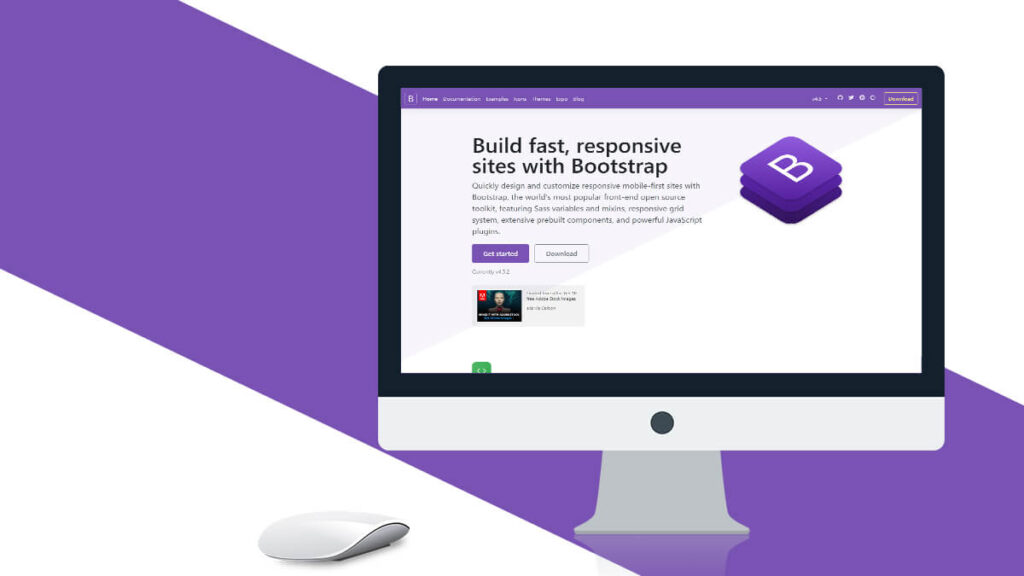
Bootstrap is the toolkit that helps you to construct with HTML, CSS, and JS. Bootstrap is used to build mobile-first responsive projects over the Internet. This feature library at the front-end is an open-source toolkit.
Features:
- It has extensive components, which are pre-built.
- It provides strong, JQuery-built plugins.
- Bootstrap has Sass variables and mixing functions.
18) Visual Studio Code
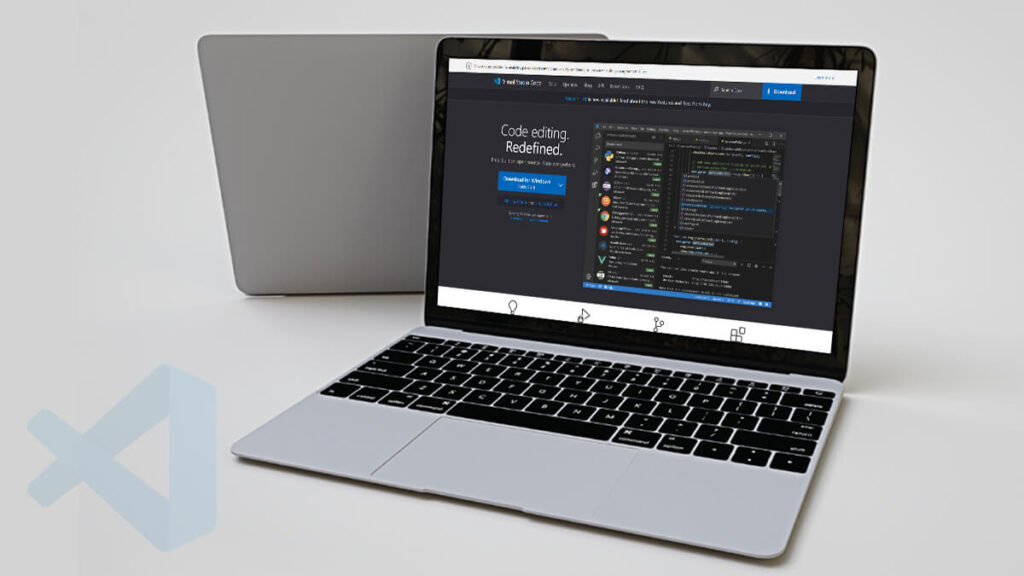
Visual Studio Programming can be executed anywhere. It has IntelliSense features, Logging, Built-in Git, and extensions to add more languages, themes, debuggers, and more. It supports platforms running Windows, Mac, and Linux.
Features:
- You can monitor the breakpoints, call stacks, and an interactive screen.
- It will allow you to scan diffs, stage files, and make editor commits.
- It is flexible and extensible. Via extensions, you will be able to add new languages, themes, and debuggers.
- Visual Studio Code Editor lets you test the developer code.
19) Sublime Text
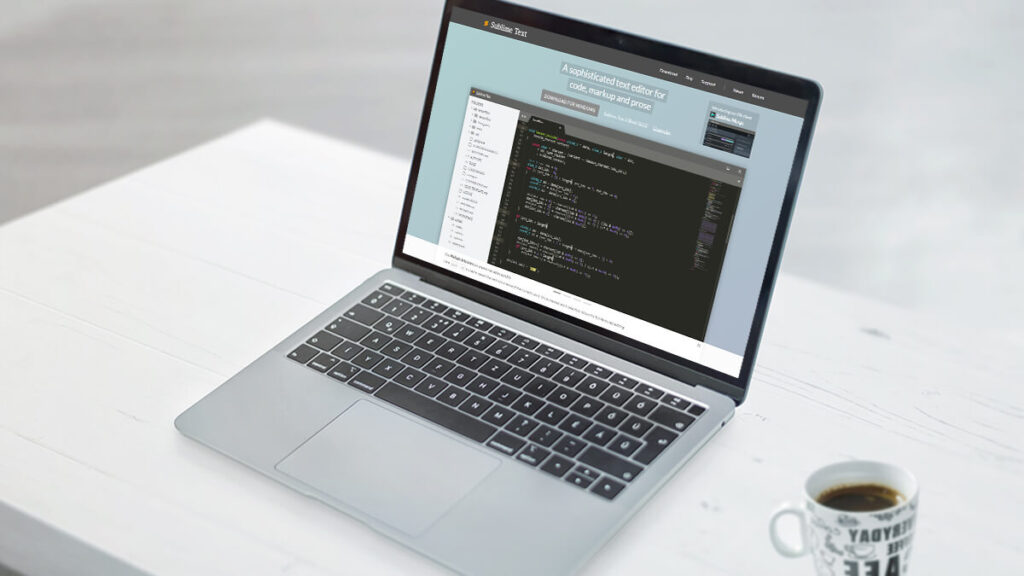
Sublime Text application development framework supports many programming languages and markup languages native to it.
Features:
- Offers plugin API based on Python
- Enables developers to offer different project preferences
- Command palette function helps to fit arbitrary command invocation on the keyboard.
- Simultaneous editing permits the same immersive modifications to different areas.
- Compatible with many of TextMate language grammars
20) HTML5 Boilerplate

HTML5 Boilerplate is a compilation of different files that developers can access, providing a base for every web site.
Features:
- It provides an optimized version of the snippet for Google Universal Analytics.
- Developers should use HTML5 elements.
- Standardize.css for normalization of the CSS and common bug fixes
- Apache Server Configures performance and security improved.
- Console security statements which cause JavaScript errors in older browsers
- This is conceived with social change in mind.
21) JQuery
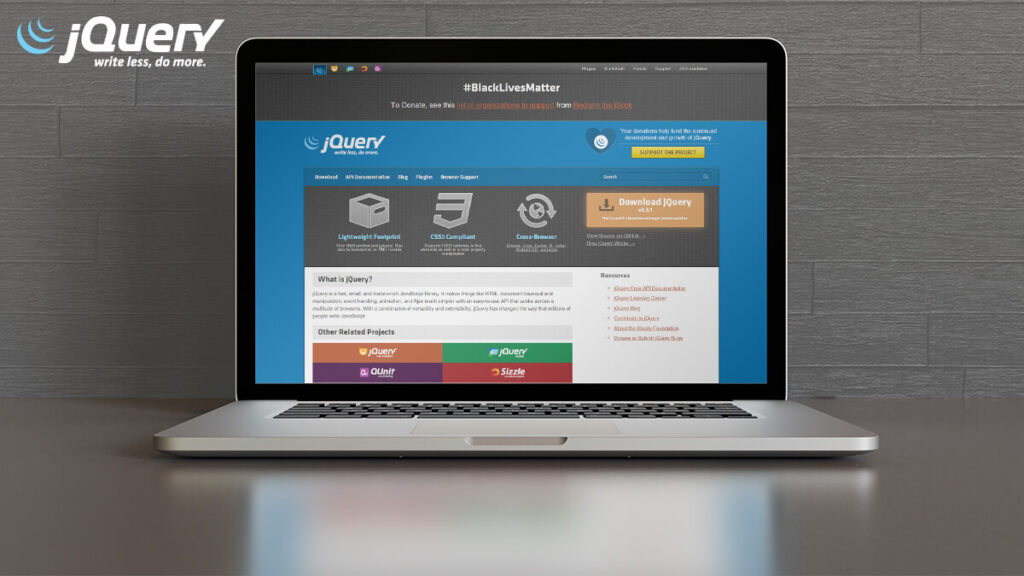
JQuery front-end web development tool has a JavaScrip library designed to allow traversal and manipulation of HTML DOM trees. This also allows for the management and animation of events. It is rich in characteristics.
Features:
- This API will work in a variety of browsers.
- JQuery is miniaturized and gzipped at 30 / kb.
- It can be supplemented as an AMD module.
- JQuery offers an easy-to-use API, simplifying activities such as Ajax and animation.
- It is compliant with CSS3.
22) Atom
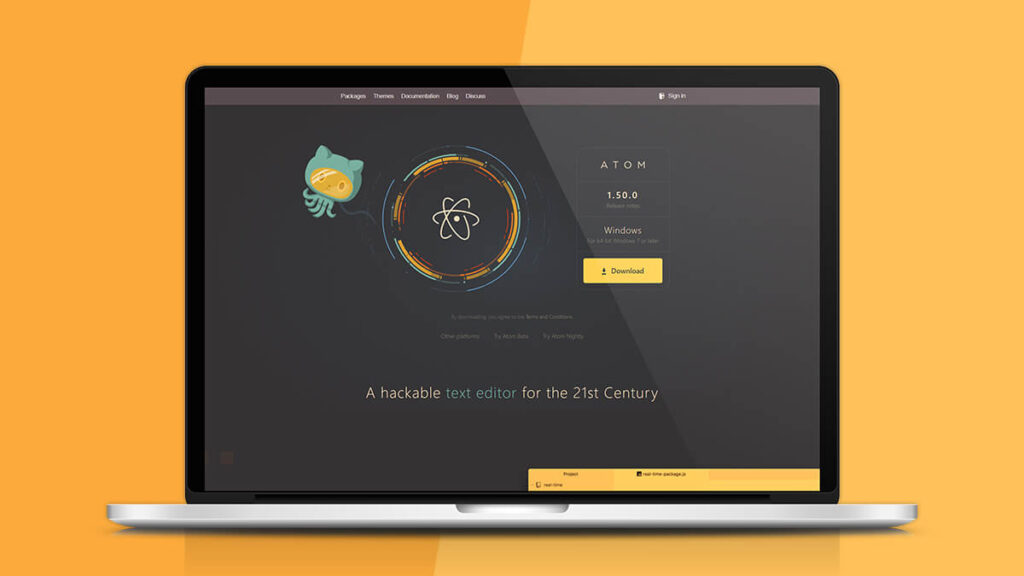
Atom is a useful code editing tool favored by programmers as opposed to the other editors due to its simple interface. Atom users should apply packages for the app, as well as them.
Features:
- Supports the Palette of Commands
- Different panes
- Enable editing multi-platforms
- Integrated Program Manager to support Plugins
- The Smart Auto-Completion function
23) Emacs
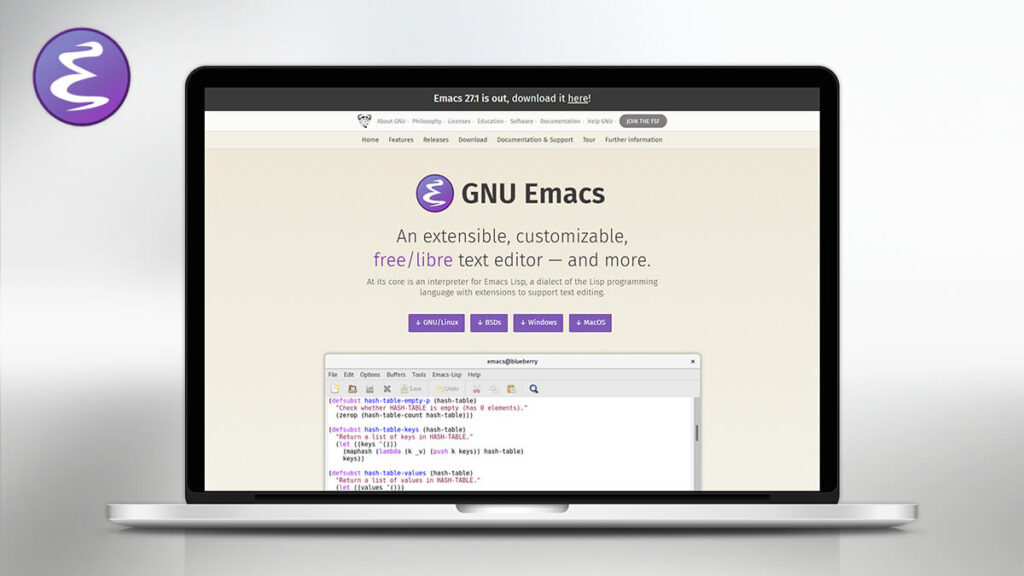
Emacs is a text editor tool based on UNIX and is used by programmers, developers, students, and system administrators. It allows adding, modifying, removing, inserting, words, letters, lines, and other units of text.
Features:
- Help for many human scripts Complete Unicode
- Highly customizable, using Lisp code from Emacs.
- A packaging system for extender installation and download
24) NetBeans
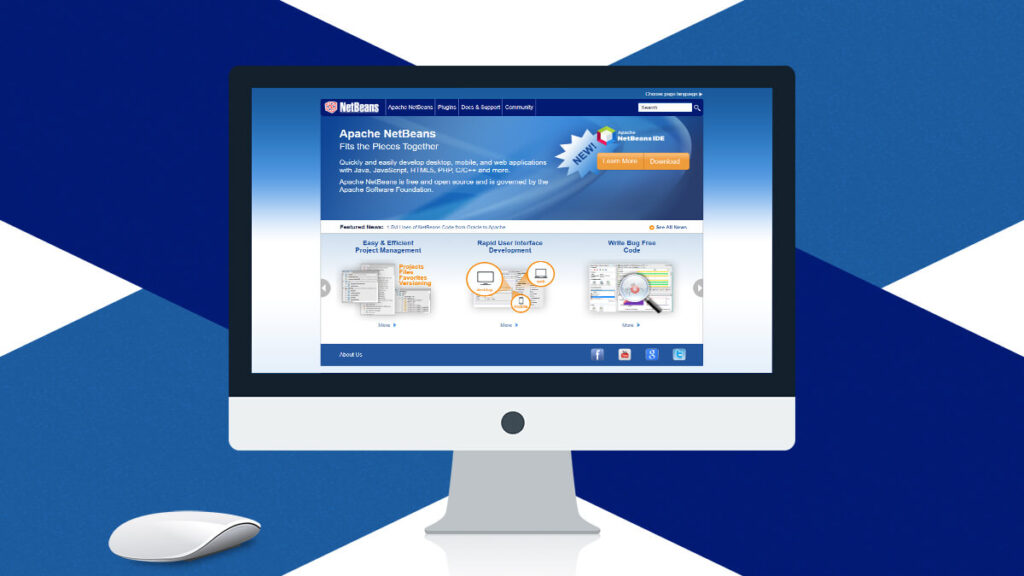
NetBeans is an open-source code editing tool for Java, PHP, C++, and other programming languages to be built. Code analyzers and converters are available with this editor. It lets you update your apps to use modern Java 8 language constructs.
Features:
- Fast & Smart Code Editing
- Creation of the fast user interface
- Helps you write flawless code
- Simple & Efficient management of projects
25) jEdit
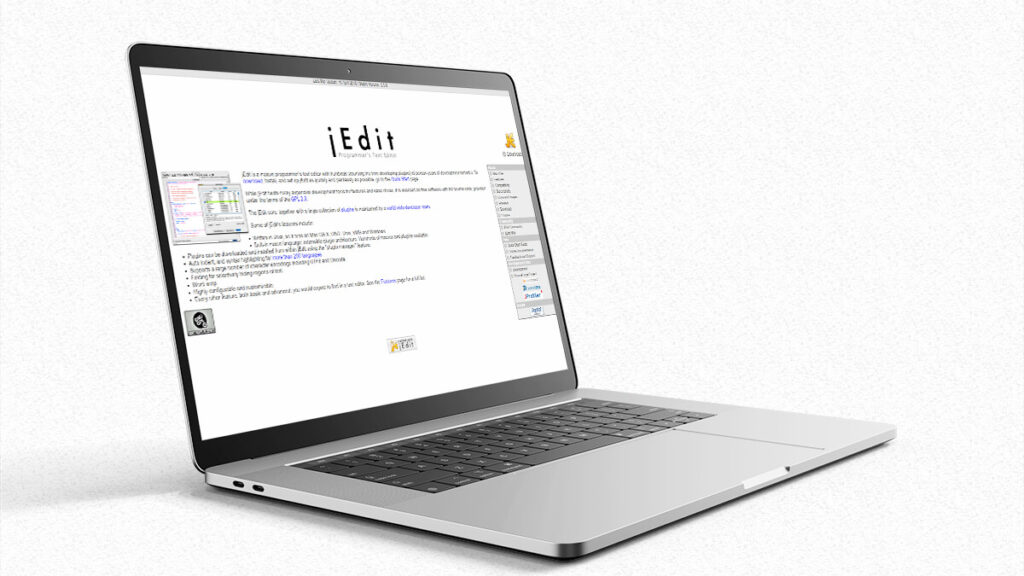
JEdit, a code editing application written in Java. This open-source platform supports hundreds of macros and plugins. It provides a wide range of plugins developed by a team of developers from around the world.
Features:
- With the help of the plugin manager, you can access plugins.
- The contents of the file are preserved through edit sessions.
- Requires automatic indentation and syntax in more than 200 languages
- Macro language built-in & extensible plugin architecture
- Requires copying and pasting of clipboards with an infinite number
26) Geany
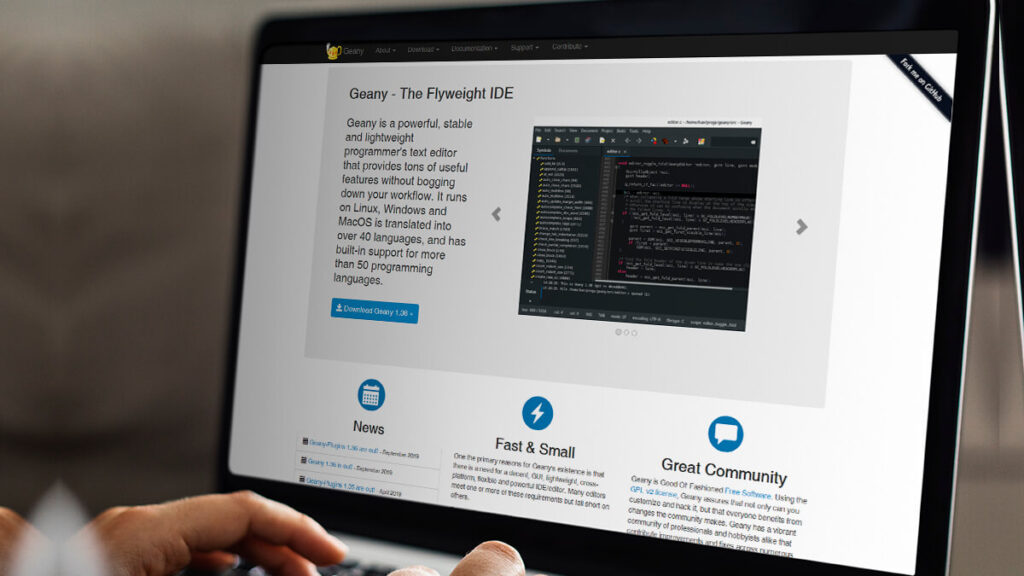
Geanyis a text editor tool that uses a toolkit called GTK+. This also has some basic features of an embedded software environment. The tool supports several types of files, and it has some nice features.
Features:
- Navigating by source code
- Requires a popup screen on notebooks and sidebar message windows
- Enables you to add a note to the project preferences for applying the indent settings
- View status message when performing empty background action
27) TextMate
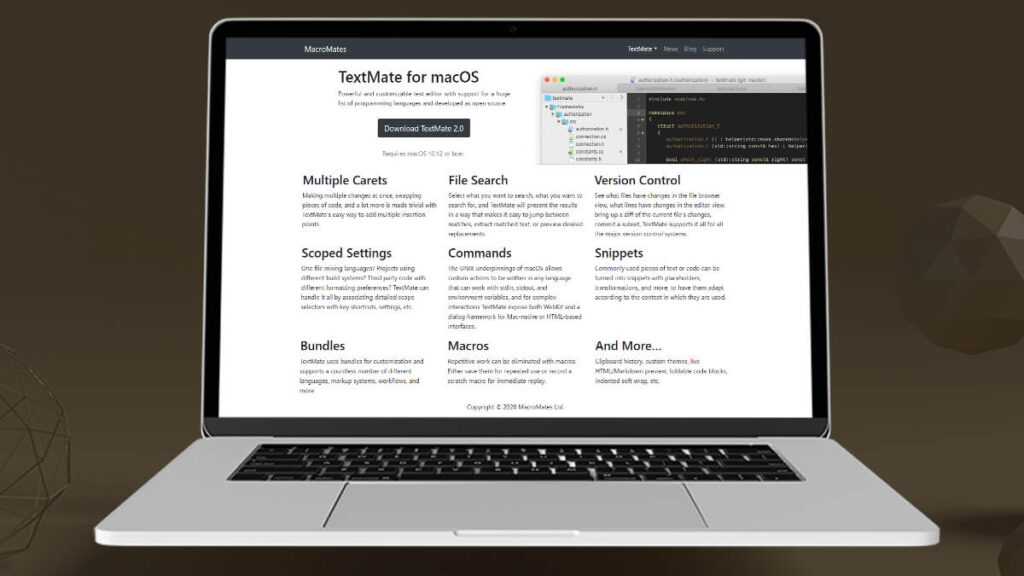
TextMate is a powerful plain-text editor with special and ground-breaking features for mac. The platform provides support for many programming languages, prose writing in standardized formats such as blogging, SQL queries running, screenplays writing, etc.
Features:
- Fast Description and Navigation Pop up feature.
- Run Shell Commands In Document.
- Visual bookmarks in a file to switch between locations.
- Specific Activities Auto-Indent.
- CSS-like Selectors to locate Activities and Settings Range.
- The dynamic working description for several files.
You can pick Web Development Software based on your specific project needs. I hope this detailed analysis will help you pick the right method.
